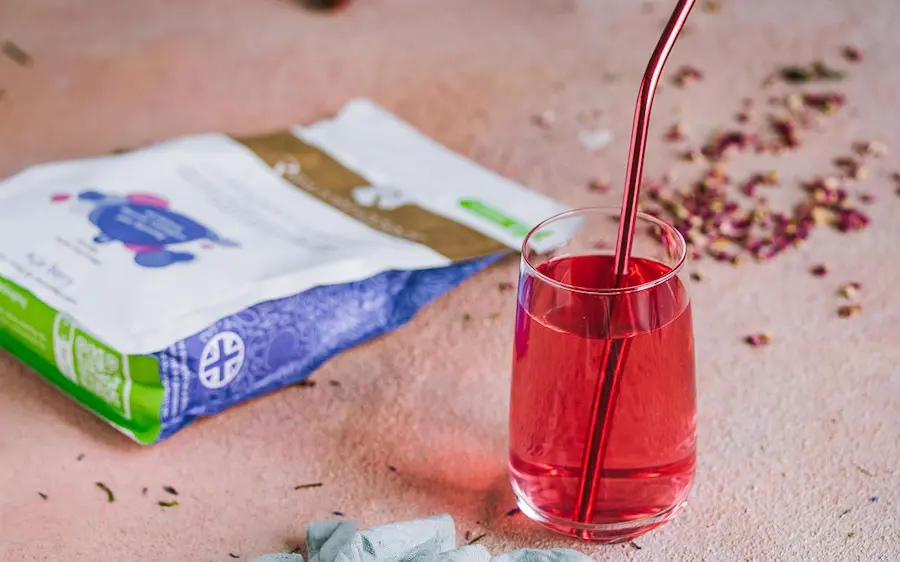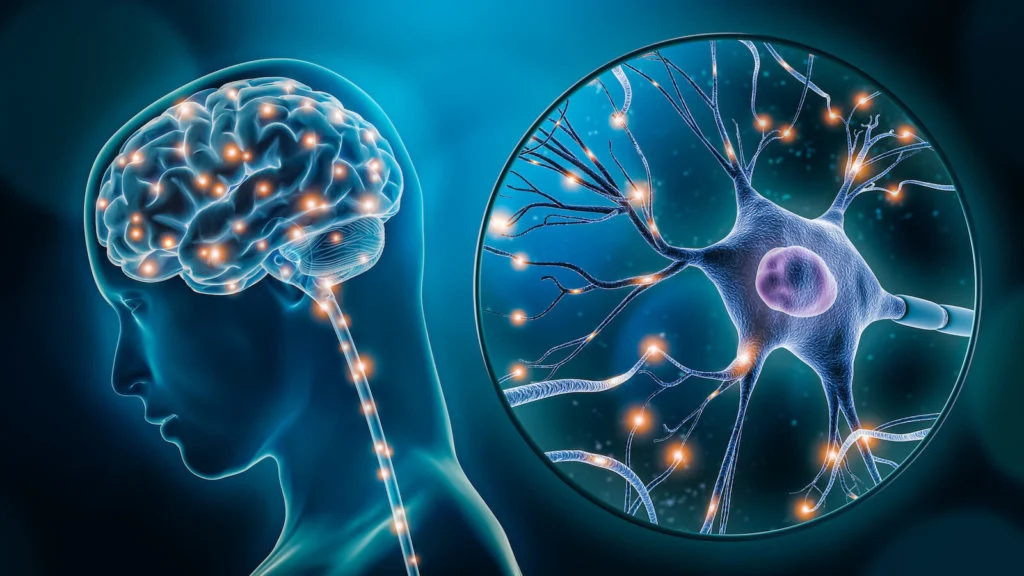What’s the difference between bovine and marine collagen?

Collagen supplements have seen a surge in popularity in recent years, especially among women. Offering benefits such as youthful skin, joint pain relief, improved bone strength, greater muscle mass and better heart health, demand will only continue to grow.
You may know about these collagen benefits already, but very few people actually understand where collagen is sourced from. Of course, our bodies produce it on their own, where does the collagen found in supplements come from?
The two main sources of collagen are bovine and marine, which are uniquely different and offer their own benefits. In this blog, we explain these key differences and the advantages they offer so that you can choose the best type of collagen to support your goals.
What does collagen do for the body?
Collagen is a protein found in the body - perhaps one of the most important. It makes up 33% of the total protein in our bodies and plays an important role in maintaining the strength and elasticity of the body parts it’s found in. Around 75% of our skin is made up of collagen, but large volumes can also be found in our hair, nails, bones and joints.
The body naturally produces collagen by combining proline, glycine, vitamin C, zinc and copper. However, over time, the body begins to age and slowly produces less and less collagen. This is why many people take collagen supplements to combat this.
What are the different types of collagen?
The body produces many types of collagen - approximately 28 varieties have been scientifically identified. However, the 5 primary collagen types include:
Type 1: Accounts for 90% of the total collagen found in the body. It’s responsible for strengthening our skin, bones, tendons and ligaments.
Type 2: Found in the flexible cartilage, type 2 collagen supports our joints.
Type 3: This collagen type is found in our muscles, internal organs and blood vessels.
Type 4: Found in some layers of our skin.
Type 5: Located in our corneas as well as some layers of the skin and hair
While there are several different types of collagen, we will be focusing on Types 1 and 3 as these are the most important for our skin, hair and joint health.
What is marine collagen?
As the name may suggest, this type of collagen is sourced from the sea. More specifically, marine collagen is derived from the scales or skin of fish. This source is particularly rich in Type 1 collagen, which helps promote radiant, youthful and hydrated skin and creates all other types of collagens in the body. In fact it helps to support the skin, hair, nails, digestive system, muscles, ligaments, joints, bones, even our brain and heart.
At Rejuvenated, our collagen is sourced from pure cod harvested in the deep North Atlantic. This is done as a by-product of the fishing industry (which ensures the cod is used in its entirety), aligning with our commitment to sustainability.
To extract the collagen used in our supplements, the fish skin undergoes a process known as hydrolysis with the use of enzymes. This breaks the collagen down into amino acid peptides, which are then used in our Collagen Shots and other supplements.
With fish as the source of our collagen, some people worry whether there are nano-plastics or neurotoxins in the fish, and subsequently, our products. We have done extensive research on this, and as collagen comes from the skin of fish there is no evidence to show neurotoxins are found in fish skin.
While neurotoxins may be found in shellfish, research shows that neurotoxins have never been detected in cod, so you can rest assured that our collagen supplements are safe.
What is bovine collagen?
Bovine collagen is most commonly ‘farmed’ from cows (which are a member of the bovine family). Generally, it’s extracted from the bone, cartilage and hide of the cattle, which means it’s derived as a by-product of other farming practices.
Bovine collagen contains Type 1 and 3 collagen, which means that it’s particularly well suited to supporting your skin, hair, nails and joint health. To produce it, the by-products of the cow are boiled in water, after which, the collagen is removed, dried and turned into a powder which is then used in supplements.
Is bovine or marine collagen better?
When it comes to deciding whether bovine or marine collagen is better, you will need to consider your own preferences and overall health and beauty goals.
Bovine collagen contains both Type 1 and 3 collagen, which means that it benefits the hair, skin and nails as well as the joints. On the other hand, marine collagen consists predominantly of Type 1 collagen, making it better suited to people who are looking to take collagen supplements for their skin and overall complexion.
However, it’s important to note that marine collagen is more bioavailable than bovine. This means that marine collagen is more easily absorbed by the body (1.5 times more efficiently, in fact). This is due to the fact that the amino acid peptides derived from marine collagen are far smaller.
Other factors you may wish to consider are flavour/odour and texture. Bovine collagen does have a mild smell, whereas our marine collagen is odourless and tasteless. In terms of texture, bovine collagen tends to have a thicker texture than marine collagen when dissolved in liquids.
Final thoughts on bovine vs. marine collagen
When it comes to collagen supplements, you can choose between bovine or marine collagen. Ultimately, the choice will depend on your own beauty and health goals.
Of course, it’s also important that you take other factors into account, such as sustainability, dietary restrictions, and taste preferences.
Now that you understand the key differences between bovine and marine collagen, you can make an informed choice that best suits your beauty and health needs.






